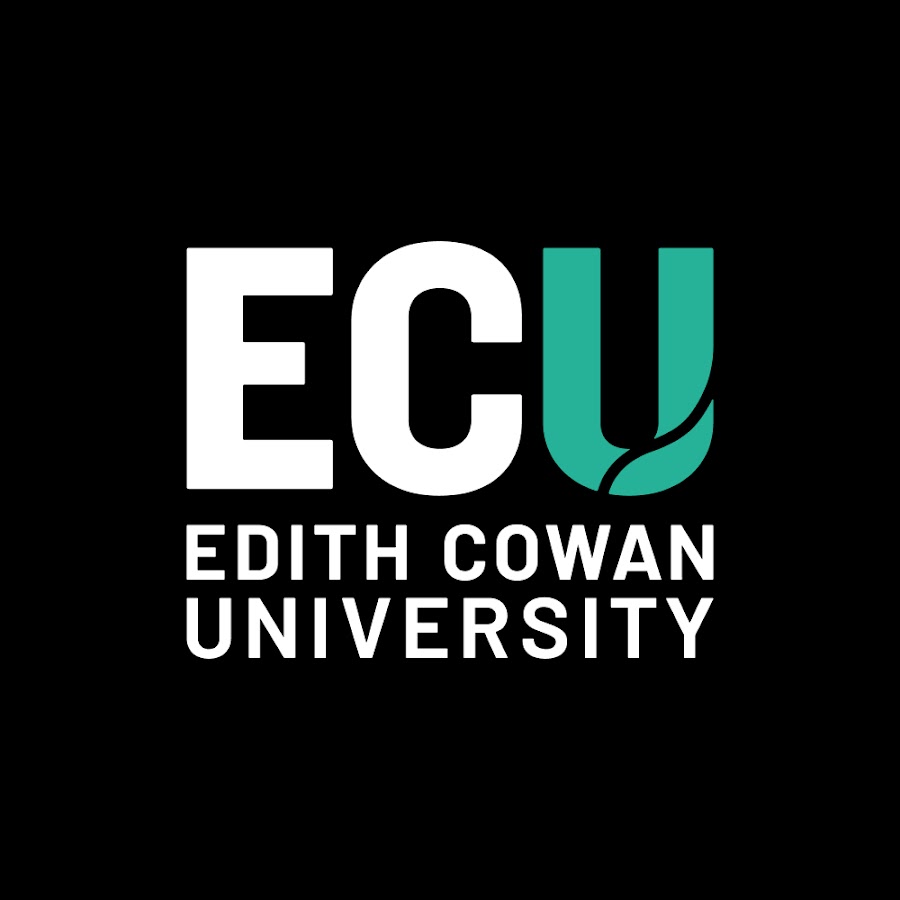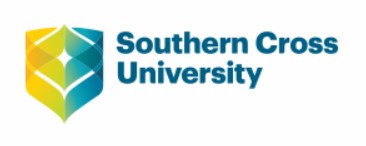Master of Engineering (MEng): Your Gateway to Global Engineering Excellence
Embarking on a Master of Engineering (MEng) degree is a pivotal step for aspiring engineers from India seeking to advance their careers in a rapidly evolving global landscape. This prestigious postgraduate program equips you with advanced technical knowledge, innovative problem-solving skills, and leadership abilities essential for tackling complex engineering challenges. Whether you're passionate about civil, mechanical, electrical, or emerging fields like AI and renewable energy, the MEng opens doors to top universities worldwide, high-paying jobs, and research opportunities.
For Indian students, studying abroad for an MEng offers exposure to cutting-edge technologies, diverse cultural experiences, and networks that can propel your professional journey. Countries like the USA, UK, Canada, Australia, and Germany are popular destinations due to their world-class engineering programs, industry collaborations, and post-study work visas. This guide explores everything you need to know about pursuing a Master of Engineering, from eligibility to career prospects.
Why Choose a Master of Engineering?
The MEng is more than just a degree; it's a transformative experience designed for those who want to deepen their expertise beyond a bachelor's level. Unlike a standard MSc in Engineering, the MEng often integrates professional accreditation, making graduates immediately eligible for chartered engineer status in many countries.
- Advanced Specialization: Dive deep into niche areas such as robotics, sustainable engineering, or biomedical devices, aligning with global demands.
- Industry-Relevant Skills: Programs emphasize practical training through labs, internships, and projects with companies like Google, Siemens, or Tesla.
- Global Recognition: An MEng from a reputed university enhances your resume, especially for multinational firms hiring in India or abroad.
- Research Opportunities: Many programs include thesis work, paving the way for PhD pursuits or innovation-driven roles.
- Career Acceleration: Graduates often see salary hikes of 50-100% compared to bachelor's holders, with average starting salaries ranging from $70,000 to $100,000 annually in developed countries.
For Indian students, the MEng bridges the gap between theoretical knowledge from IITs or NITs and practical, international standards. It also addresses the growing need for skilled engineers in India's booming sectors like IT, manufacturing, and infrastructure.
Top Universities for Master of Engineering
Selecting the right university is crucial. Below is a table highlighting some of the world's leading institutions offering MEng programs, tailored for international students including those from India. These universities are ranked highly by QS World University Rankings for engineering and provide strong support for visa processes and scholarships.
| University | Country | Key Specializations | QS Ranking (Engineering, 2023) | Tuition Fees (per year, approx. in USD) |
|---|---|---|---|---|
| Massachusetts Institute of Technology (MIT) | USA | Aerospace, Electrical, Mechanical | 1 | 55,000 |
| Imperial College London | UK | Civil, Chemical, Computing | 6 | 40,000 |
| University of Toronto | Canada | Biomedical, Industrial, Environmental | 13 | 25,000 |
| University of Melbourne | Australia | Software, Renewable Energy, Materials | 33 | 35,000 |
| Technical University of Munich (TUM) | Germany | Automotive, Robotics, Sustainable Systems | 28 | 0-5,000 (low tuition for internationals) |
These universities often have dedicated international offices to assist Indian students with applications, housing, and cultural integration. For instance, MIT's MEng program includes co-op placements with tech giants, while TUM offers tuition-free education, making it an attractive, cost-effective option.
Eligibility and Admission Requirements
Gaining admission to an MEng program requires a strong academic foundation and preparation. Most universities seek candidates with a bachelor's degree in engineering or a related field.
Academic Qualifications
- Bachelor's degree (BTech/BE) from a recognized Indian university with a minimum GPA of 3.0/4.0 (or equivalent, around 60-70% marks).
- Strong performance in core engineering subjects; IIT/NIT graduates have an edge.
- Some programs require prerequisite courses in math, physics, or programming.
Standardized Tests
Prepare for these exams well in advance:
- GRE: Required by many US and Canadian universities (aim for 300+ total score).
- IELTS/TOEFL: English proficiency; target IELTS 6.5+ or TOEFL 90+ for non-native speakers.
- GATE: Optional but beneficial for Indian students applying to programs with research focus.
Application Essentials
- Statement of Purpose (SOP): A 1-2 page essay outlining your motivation, career goals, and why the specific program.
- Letters of Recommendation (LORs): 2-3 from professors or employers highlighting your technical skills.
- Resume/CV: Emphasize internships, projects, or research experience.
- Application deadlines typically fall between December and March for fall intake.
Indian students should check for country-specific requirements, such as the UK's CAS (Confirmation of Acceptance for Studies) or Australia's Genuine Temporary Entrant (GTE) criteria.
Curriculum and Specializations
The MEng curriculum is rigorous, blending theory, hands-on projects, and electives. Most programs span 1-2 years and include core modules, specializations, and a capstone project.
Core Components
- Advanced Engineering Mathematics: Differential equations, optimization techniques.
- Research Methods: Data analysis, simulation software like MATLAB or ANSYS.
- Professional Practice: Ethics, project management, and sustainability.
Popular Specializations
Choose based on your interests and market trends:
- Civil Engineering: Structural design, urban planning – ideal for India's infrastructure boom.
- Mechanical Engineering: Thermodynamics, robotics – opportunities in automotive and aerospace.
- Electrical/Electronics: Power systems, VLSI – high demand in semiconductors and EVs.
- Computer Engineering: AI, cybersecurity – aligns with India's IT sector growth.
- Environmental Engineering: Renewable energy, water management – addresses global climate challenges.
Many programs incorporate industry placements, such as a 6-month internship in the UK or co-op terms in Canada, providing real-world experience and potential job offers.
Duration, Fees, and Financial Planning
MEng programs typically last 1-2 years full-time, with part-time options available in some countries.
| Country | Duration | Average Tuition (USD/year) | Living Expenses (USD/year) | Total Estimated Cost (for 2 years) |
|---|---|---|---|---|
| USA | 1-2 years | 40,000-60,000 | 15,000-20,000 | 110,000-160,000 |
| UK | 1 year | 30,000-45,000 | 12,000-15,000 | 42,000-60,000 |
| Canada | 1-2 years | 20,000-30,000 | 10,000-15,000 | 60,000-90,000 |
| Australia | 2 years | 25,000-40,000 | 15,000-20,000 | 80,000-120,000 |
| Germany | 2 years | 0-10,000 | 10,000-12,000 | 20,000-44,000 |
Costs can be offset through part-time work (up to 20 hours/week on student visas) and scholarships. Indian students often budget for currency fluctuations and initial setup expenses like flights and deposits.
Scholarships and Funding for Indian Students
Financial aid is abundant for meritorious Indian applicants. Key options include:
- University-Specific Scholarships: MIT's Fellowships or Imperial's Excellence Awards cover up to 50% tuition.
- Government Schemes: UK's Chevening Scholarships (full funding) or Australia's Endeavour Awards.
- Indian Government Support: National Overseas Scholarship for SC/ST students or ICCR grants.
- Private Foundations: Fulbright-Nehru for USA, DAAD for Germany (up to €10,000/year).
Apply early; many require essays on leadership or community impact. Over 30% of Indian MEng students receive some form of funding.
Career Opportunities After MEng
An MEng degree unlocks diverse roles in engineering, consulting, and R&D. Graduates are in high demand globally, with strong employability rates (90%+ within 6 months).
- Job Roles: Design Engineer, Project Manager, Systems Analyst, Research Scientist.
- Industries: Tech (e.g., Intel), Energy (e.g., Shell), Automotive (e.g., BMW), and Consulting (e.g., McKinsey).
- Salary Prospects: In the USA, $80,000-$120,000 starting; in India (post-return), ₹15-30 lakhs/annum with MNCs.
- Entrepreneurship: Many alumni launch startups, leveraging university incubators.
Post-study work visas enhance prospects: 3 years in Canada/Australia, OPT in the USA, or 2 years in the UK.
Visa and Immigration Guidance for Indian Students
Navigating visas is straightforward with proper documentation:
- USA: F-1 visa; show proof of funds and ties to India.
- UK: Student visa (Tier 4); requires TB test for Indians.
- Canada: Study Permit; easier with SDS (Student Direct Stream) for quick processing.
- Australia: Subclass 500; GTE statement mandatory.
- Germany: Student Residence Permit; blocked account for finances.
Success rates for Indian applicants are high (80-90%) if applications are complete. Consult education agents or university advisors for personalized help.
Tips for Indian Students Pursuing MEng Abroad
To make your journey smooth:
- Start preparing 12-18 months in advance for tests and applications.
- Build a portfolio of projects (e.g., via GitHub) to stand out.
- Join Indian student associations abroad for support and networking.
- Focus on work-life balance; engineering programs are demanding but rewarding.
- Consider returning to India for roles in PSUs or startups, where MEng credentials are valued.
Pursuing a Master of Engineering abroad is an investment in your future. With determination and the right resources, Indian students can achieve excellence and contribute to global innovation. Explore programs today and take the first step towards a stellar engineering career!


